Electric vehicles are a climate action fraud: Here's why…
Let’s assess exactly why building EVs to reduce greenhouse as part of some purported climate solution is peak stupid. Carmakers, governments, energy retailers and the devout greenwashed cult won’t like this…
EVs are a fraud and in this report I'm going to prove it to you.
If as a species we are using our limited resources to make humongous batteries to power irrelevant luxury conveyances so that wealthy, self-righteous, evangelizing, green twats can be even more insufferable than ever before over lunch, then great. Very effective indeed. Go humanity.
But if we're actually building EVs to reduce greenhouse as part of some purported climate solution, that's pretty much peak stupid right there, mainly because it's never going to work.
This report is rated ‘N’ for numbers and ‘P’ for physics…
This will not be a straw man argument, either. Much like Morpheus, I'm merely trying to free your mind. Electric vehicles are actually pretty good to drive, they'd be excellent for reducing pollution in Australian cities, provided the government also plan to do something about the epidemic of preposterously outdated trucks with no pollution controls whatsoever. The geriatric ones shuffling all kinds of freight all over town, all day long, idling outside of schools and shops.
This is a uniquely Australian problem, but they won't do anything because you can't cross the trucking lobby and hope to live to till the tale. Energy retailers and governments are happy for you to think your 10-year-old vehicle is the emissions problem, but…
EVs do actually emit many more dangerous particles from tyre wear, pretty clearly, because they're 25 per cent heavier than equivalent conventional cars, and they damage the roads more for exactly the same reason. Tyres are made of hydrocarbons, of course, and the roads are both made of hydrocarbons, and maintained entirely with hydrocarbon energy. So there's that.
There's also the thorny issue of the extreme danger posed when an EV burns: it's hard to put out >> And they’re highly toxic. And without mandatory recycling legislation, expired EV batteries are primed to become the next hexavalent chromium in the water (see Erin Brockovich), only this time it's going to be lithium hexafluorophosphate - and you really don't want to drink that.
In other words, we are deploying EVs but badly messing up the implementation of EVs in society. Go humanity.
I drove a Hyundai Kona electric for a year, and it was great, I really loved it. As daily transport, it rocked, but you did have to live life on the edge on those longer drives because of our third-world recharging infrastructure. The point is, I am not an EV hater, I'm just not some EV zealot praying every evening at the altar of Elon Musk and hoping for the full electric Utopia. I just can't do that.
EVs are also good for our national energy security, potentially. So that's nice. But none of this is why they're a fraud…
WHY CARS ARE THE CLIMATE DISTRACTION
The fraud orbits governments dressing EVs up as a purported ‘climate solution’ and here's why they are not, and they will never be effective at reducing CO2 - especially in New South Wales, our third-world shithole’s most popular state in 2019.
We consumed 69.9 terawatt-hours of electricity, and I know that's a big scary number which I got it from the Australian energy regulator. In the same year, according to the New South Wales government, emissions from making that electricity were 52 million tonnes of CO2-equivalent, that's 37 of the state's total emissions.
Transport was 28 million tonnes, that's about 20 percent, but only half of transport is light vehicles such as your car, ute, van, SUV or whatever. So light vehicles are really only about 10 per cent of the state's total emissions. Electricity is roughly therefore four times bigger, ballpark.
Images: GoogleMaps
As the problem goes, I'm not even including the fugitive emissions here. Fugitive emissions are when you dig up coal to burn it to make electricity, the mine just farts endless methane gas which escapes. This is why they call them fugitive emissions, and fugitive emissions are another 13 million tonnes, which means coal mines farting their fugitive emissions are a bigger emissions problem than all of our cars combined. Yet we do nothing about this, absolutely nothing.
There's a lot of political industry, lobby group and other vested-interest types scumbags who want you to think about cars and EVs so you don't take a harder look at the real problem.
Frankly, 69.9 terawatt-hours of electricity divided by 52 million tons of CO2 from burning the coal to make said electricity equals 744 grams of CO2 for every kilowatt-hour on your electricity bill. This does not include the fugitive emissions, because I am one hell of a generous guy.
The other side of any debate on this issue and I'm not trying to straw man them. If you turn the air conditioning on, or plug your EV in at the shops, that's what it means. It means 40 kilowatt-hours into your EV for half a charge is 30 kilos of CO2. That's just how this works.
Remote combustion is still combustion. There’s no debate about the numbers. Remote combustion is even worse in Victoria >>.
Plugging into the grid emits 1.06 kilos of CO2 per kilowatt-hour, at a bare minimum. Those emissions per unit of electrical energy are an agreed set of facts.
According to AusGrid, the average daily energy use per customer is 15.2 kilowatt-hours. That's 11.3 kilos of CO2 per day, per customer; call it 4.1 tonnes every year per electricity customer on average. If you could take one house off the grid, you save about four tonnes, take a million houses off the grid: 4 million tonnes.
Let's switch to EVs now.
The faux Swedish but actually-Chinese Polestar 3 is described by them as:
the SUV for the electric age
Nauseating, isn’t it? This is a Chinese SUV with an obscene 111 kilowatt-hour battery, and it costs more than $155,000. That company has the gall to devote an entire chapter of its website to, “Sustainability”. See here, barf-bag ready >>
Show me the 111 kilowatt-hour battery in a consumer appliance that is sustainable? These are the nickel-cobalt kinds of batteries that emit the kind of toxic off-gassing in a thermal runaway which can disable a person permanently if they simply get the fallout on their skin. Coming soon to a car park near you.
Polestar offers plenty of rhetoric up front, vis-a-vis sustainability, about natural fibres in the composites and recycling textiles from discarded fishing nets, the Nappa leather featuring “stricter standards on animal welfare”, which I'm sure the cows that were killed for the seats really appreciate, by the way. (They don’t, because they’re dead and also a bi-product of meat production).
It's just intelligence insulting bullshit: they don’t have any data on actual sustainability, otherwise they’d publish it. What is curious is, given the careful curation of the paint colours, the carbon footprint hasn’t been much of a priority. This is what this guff actually says publicly today about the carbon footprint of that $155,000 cobalt-packing abomination. We just don't know.
I’ll bet they do.
I'll help you save thousands on a new EV or PHEV here
Just fill in this form. No more car dealership rip-offs. Greater transparency. Less stress.
WEIGHT YOUR TURN
Unfortunately, Polestar is not alone because Kia is about to release a ridiculous luxurious over-the-top EV called the EV9, which it describes as:
ground-breaking, captivating, epic and exceptional
This plug-in effigy to environmental ineffectiveness is just the tip of the superlative iceberg to come, I'm sure. Both these vehicles have the commercial crosshairs perfectly trained on that quintessential wealthy self-righteously evangelizing, nauseatingly insufferable green twat. You know who I'm talking about.
The EV9 is a proper automotive monstrosity, too. Roughly the same size as a Kia Carnival (5.1 metres to 5.01 metres), but it's half a tonne heavier of course, because batteries are so fricken heavy and this one has a battery with a preposterous 100 kilowatt-hours of energy storage capacity.
I'm absolutely certain the EV9 is going to be outstanding transportation. No doubt, it’ll be spacious, versatile, comfortable, well-equipped, good to drive (especially given the bespoke Australian ride & handling tuning >>) and Kia Australia’s excellent customer support.
But the concept of vehicles like this being part of some kind of purported environmental solution is ridiculous. You do not save the planet in a Kia EV9 or a Polestar 3. Both vehicles are intrinsically rich green-magnets, and I'm saying rich because it's $155K for the Polestar 3 and the EV9 is probably going to cost you about $120K. Actual price for that car is not yet released, but that's the informed speculation. $120,000 for a Kia, albeit one with a battery that weighs about as much as a Picanto.
Never would’ve expected that 10 years ago.
Every insider in the minerals industry has gone on the record about lithium says one thing: Supply is going to be unable to meet demand, globally. And by a long margin. Massive demand projected to increase substantially and therefore batteries will remain a very limited commodity for the foreseeable future.
Therefore if CO2 is a problem and batteries can help and they're a highly limited resource then obviously we need to deploy them in the most effective possible way state by state nationally and globally this just makes obvious sense.
Taking your 2.5-tonne shitbox to Goodwood does not a race car make…
So if, hypothetically, you needed a Kia Carnival-sized conveyance, perhaps so that your lovely wife and five kids can all travel together on holiday, I might be moved to do the so-called ‘right thing’ and buy a ridiculous EV9 instead of a filthy, stinking, polluting Carnival diesel.
I can see people out there in the world following that particular bouncy ball of non-logic. But if you opt for that EV9 instead of a Carnival, and if you charge it up exclusively using rooftop solar, you’re going to save about 2.6 tonnes of CO2 every year.
That is the most CO2 that you can hope to save in one year by buying an EV9 - just 2.6 tonnes - and if you charge it up off the grid, you'll be saving less than that.
But here's the real reason why EVs are such a climate action fraud:
Let's just say that we go with that filthy stinking CO2 belching diesel Carnival instead, and I have a chat with the federal minister who donates what would have been your EV9 to a pilot scientific research project at the CSIRO. The propellerheads there could doubtless carve that ridiculously excessive 100 kilowatt-hour battery into six smaller batteries and they'd be about 16 kilowatt-hours apiece.
That would be more than you'd need to take six houses with solar arrays off the grid, effectively. That would be 4.1 tonnes x 6 houses = about 24 and a half tonnes of CO2 saved every year. Of course my filthy CO2-belching diesel Carnival does emit about 2.6 tonnes of CO2 every year if I drive about 15,000 kilometres in that time.
One EV6 or Polestar 3 battery could provide in-home solar energy storage for six homes’ worth of dirty grid-sourced electricity
So roughly 24 and a half - roughly 2.6 is roughly 22 tonnes of CO2 saved, just by using the same battery storage capacity differently, versus 2.6 if you buy that absurdly huge EV9 or a car just like it. It’s roughly as heavy as a LandCruiser Sahara, by the way.
If you run the numbers on a Polestar 3, it's an even bigger saving, because you'd get another house off the grid with its battery. That would go some small way to make Australia less shit.
Learn more about the anti-consumer crackdown on carmaker greenwashing here >>
One Kia EV6 battery weighs about the same as a Kia Picanto. This is not the most effective deployment of the precious resources bundled up into one EV9 or Polestar 3 battery.
THE FACTS INCONVENIENCE CARMAKERS & THE BRAINWASHED
You simply cannot save the planet incrementally, one preposterously huge EV at a time. Thinking that is outright delusional. These numbers are not cherry-picked, in fact I've been as kind as possible to the other side and I've used reliable data.
Taking houses off the grid is easier, quicker and far more effective than deploying ridiculous lardy-arsed EVs. It just is, because of facts. How inconvenient.
That's how this works, especially as battery supply is so limited, foreseeably into the future, right around the world. Of course it's not as easy to be an evangelizing EV zealot. Parking a Polestar 3 in the driveway confers immense green virtue.
I'm going to leave you with this, famous dead brainiac named Voltaire once famously said that everyone is guilty of the good he did not do. This is a kind of precursor to the concept of opportunity cost.
Voltaire would simply say that these excessive EVs are guilty of failing to conserve 22 tonnes of additional CO2 because the good they're not doing is taking six houses off the grid, instead of existing. This is Voltaire's opportunity cost of these big lardy EVs with their morbidly obese batteries; guilty of the good that we as a society have simply failed to do with them.
This is not Kia's or even Polestar's fault. They're just making a product that a certain class of environmentally cross-eyed evangelists who want to buy them. The free market is just doing exactly the wrong thing because the framework in which they're operating is mentally ill.
Every preposterous virtue-signalling EV out there and the insufferable owners driving it, sipping that Kool-Aid on the road to Electric Utopia is a rolling monument to ineffective climate action. Every EV is guilty of a bunch of houses still being connected to the grid times four tonnes of CO2 annually apiece.
Prove me wrong. The fact is EVs are a fraud. People are selling them to you as a climate solution and it saddens me to say that the median Australian human is easily dumb enough to believe it.




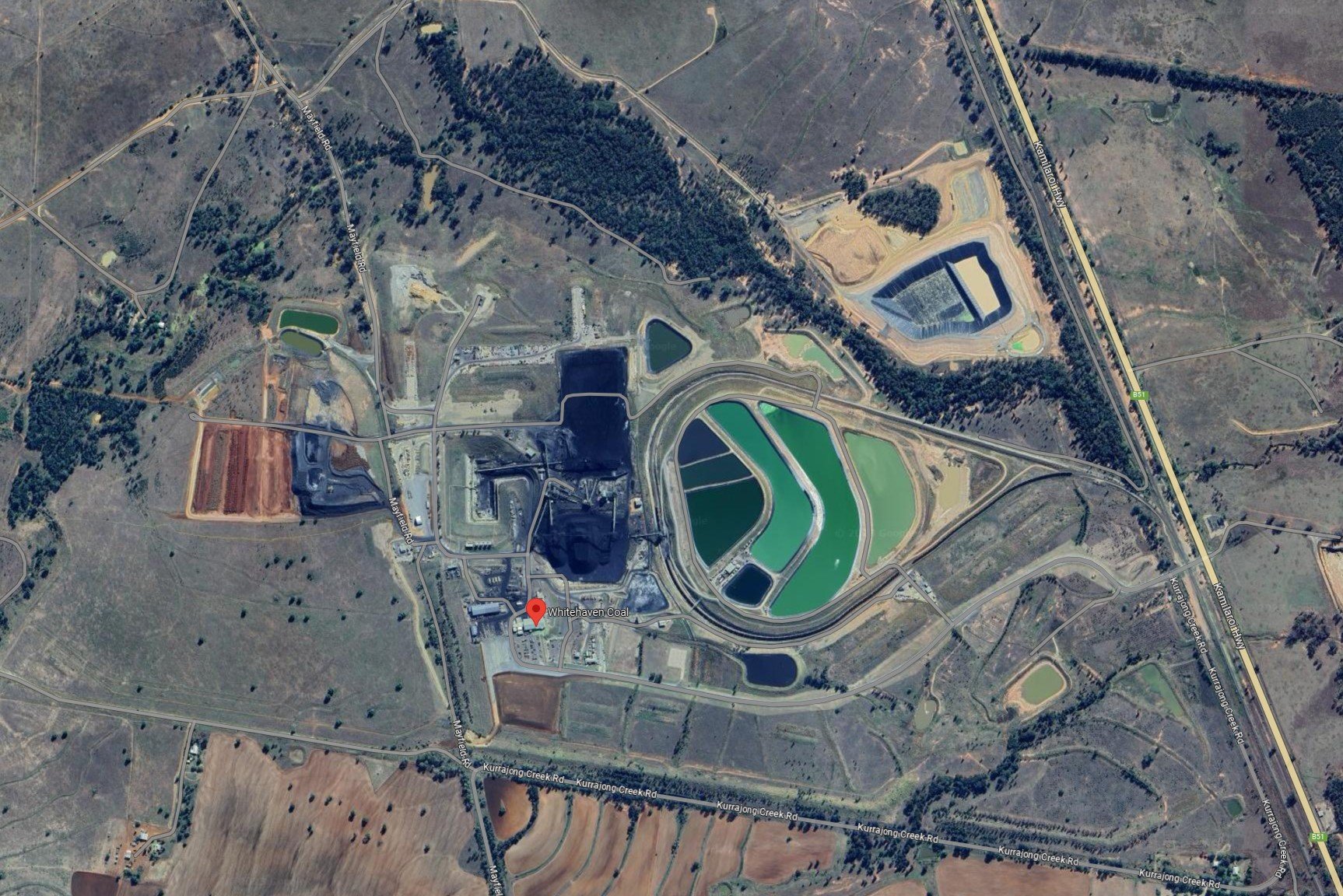
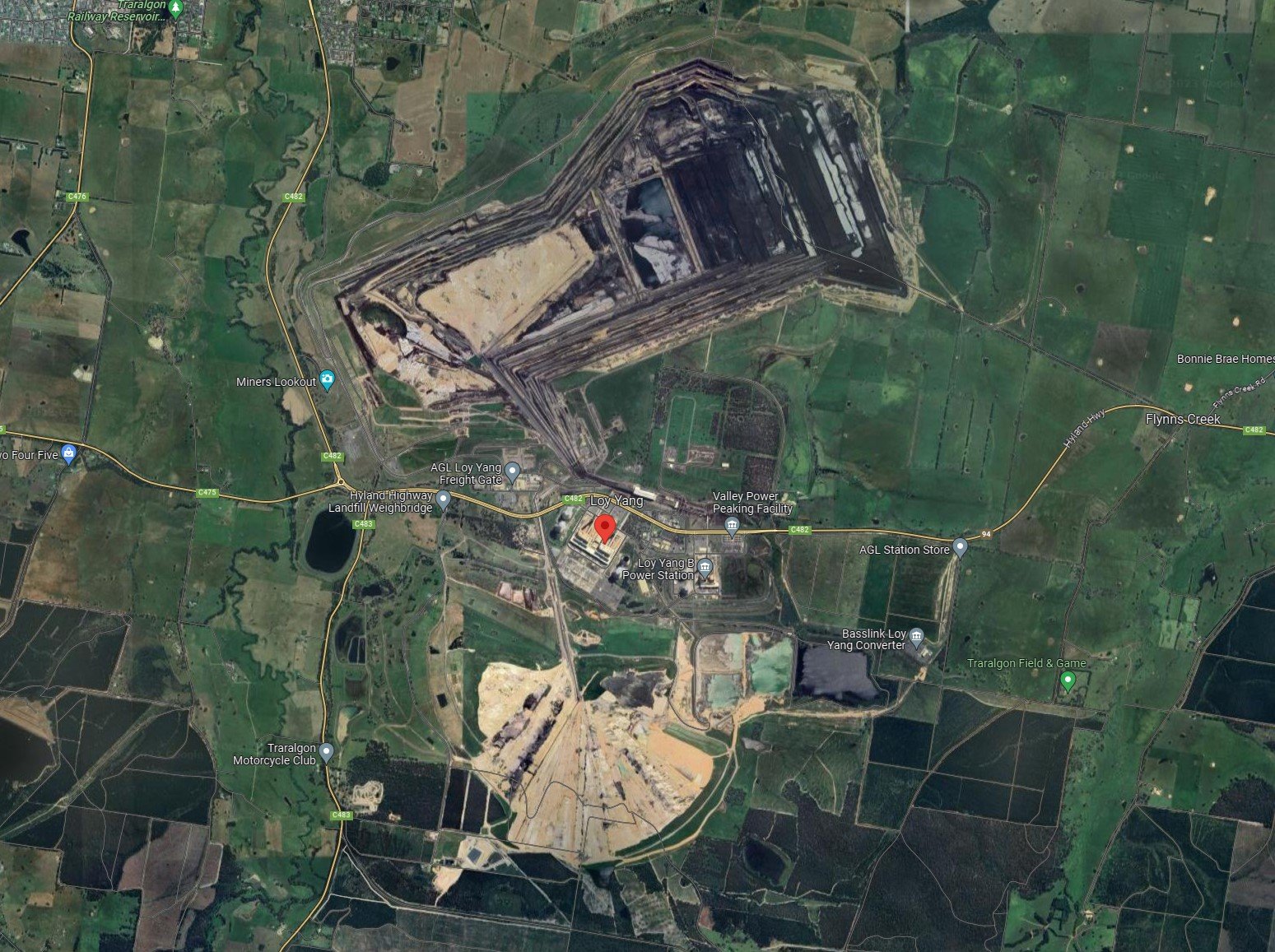

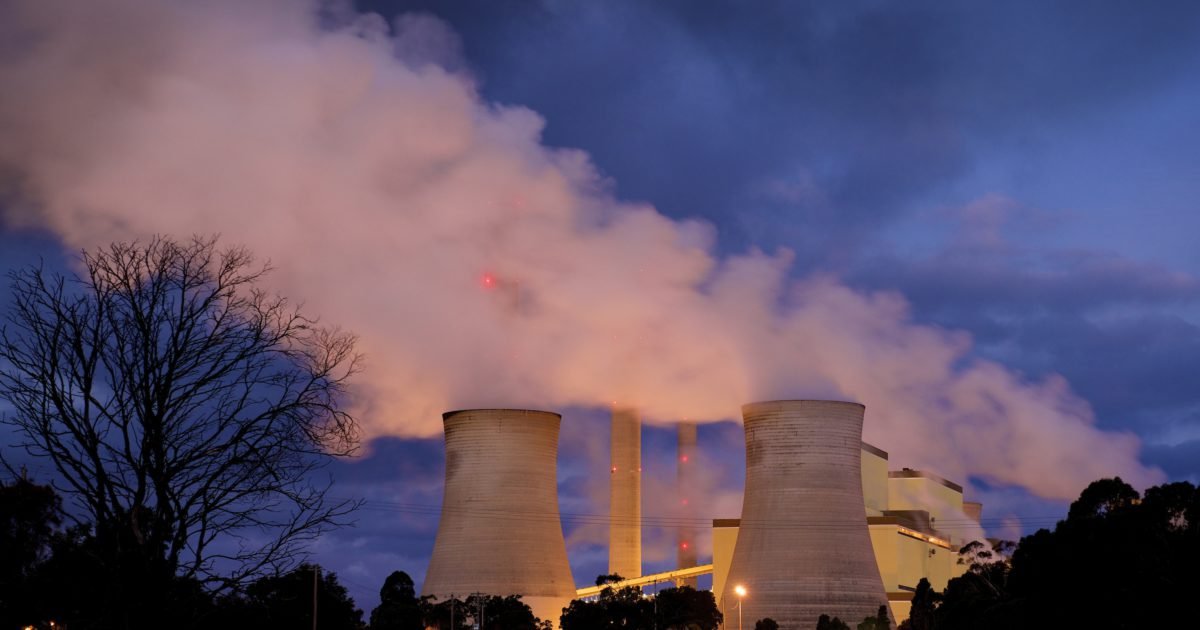



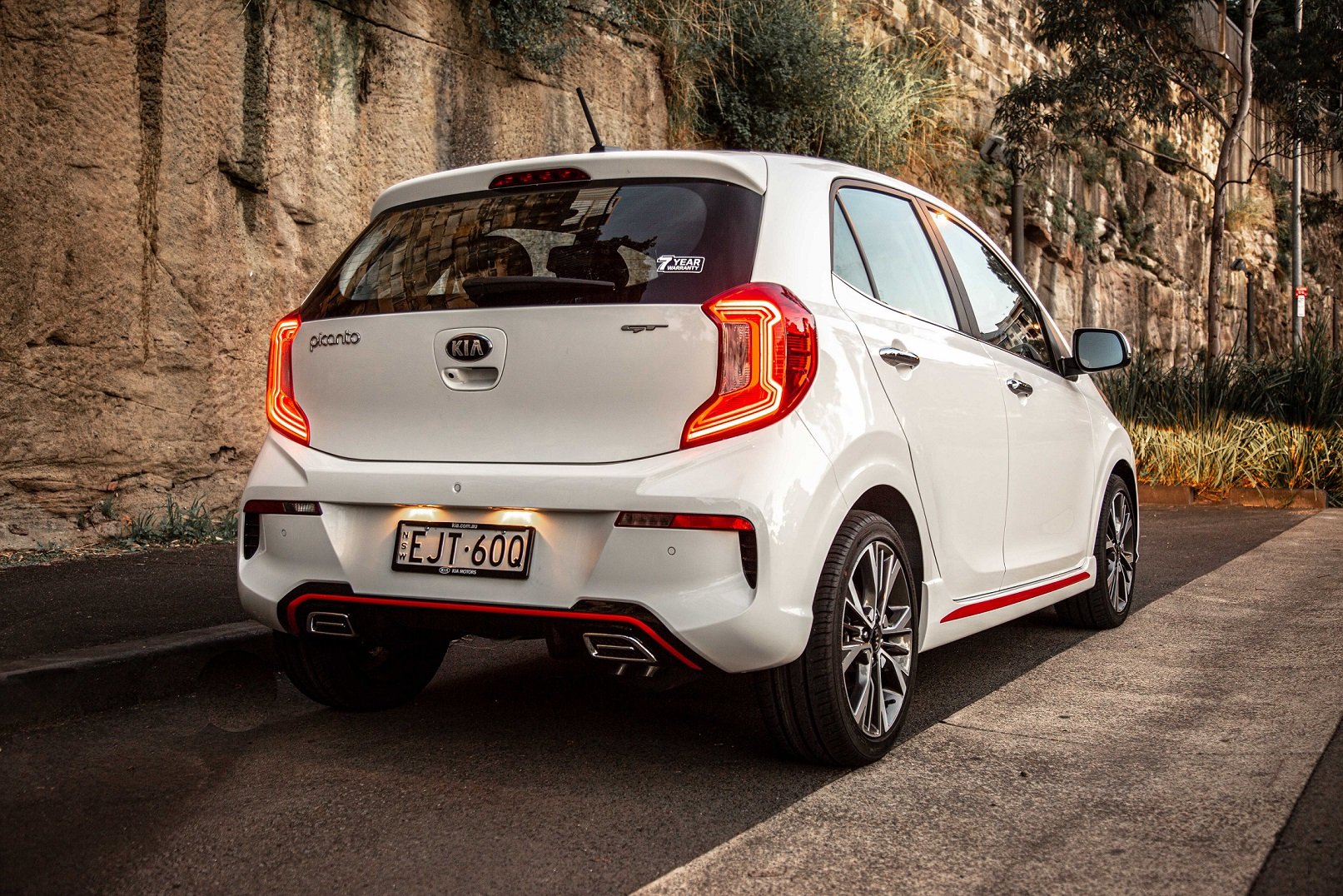
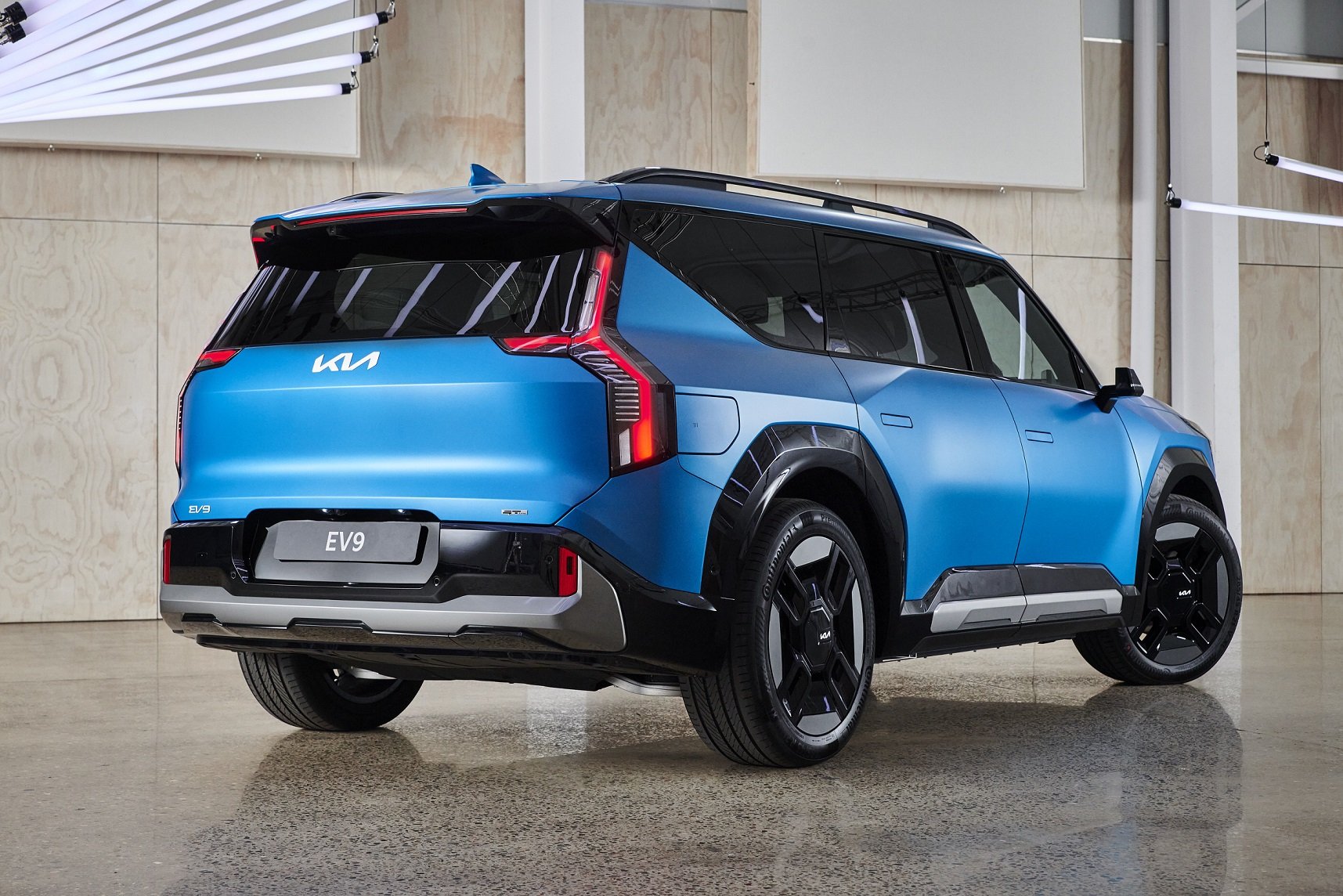






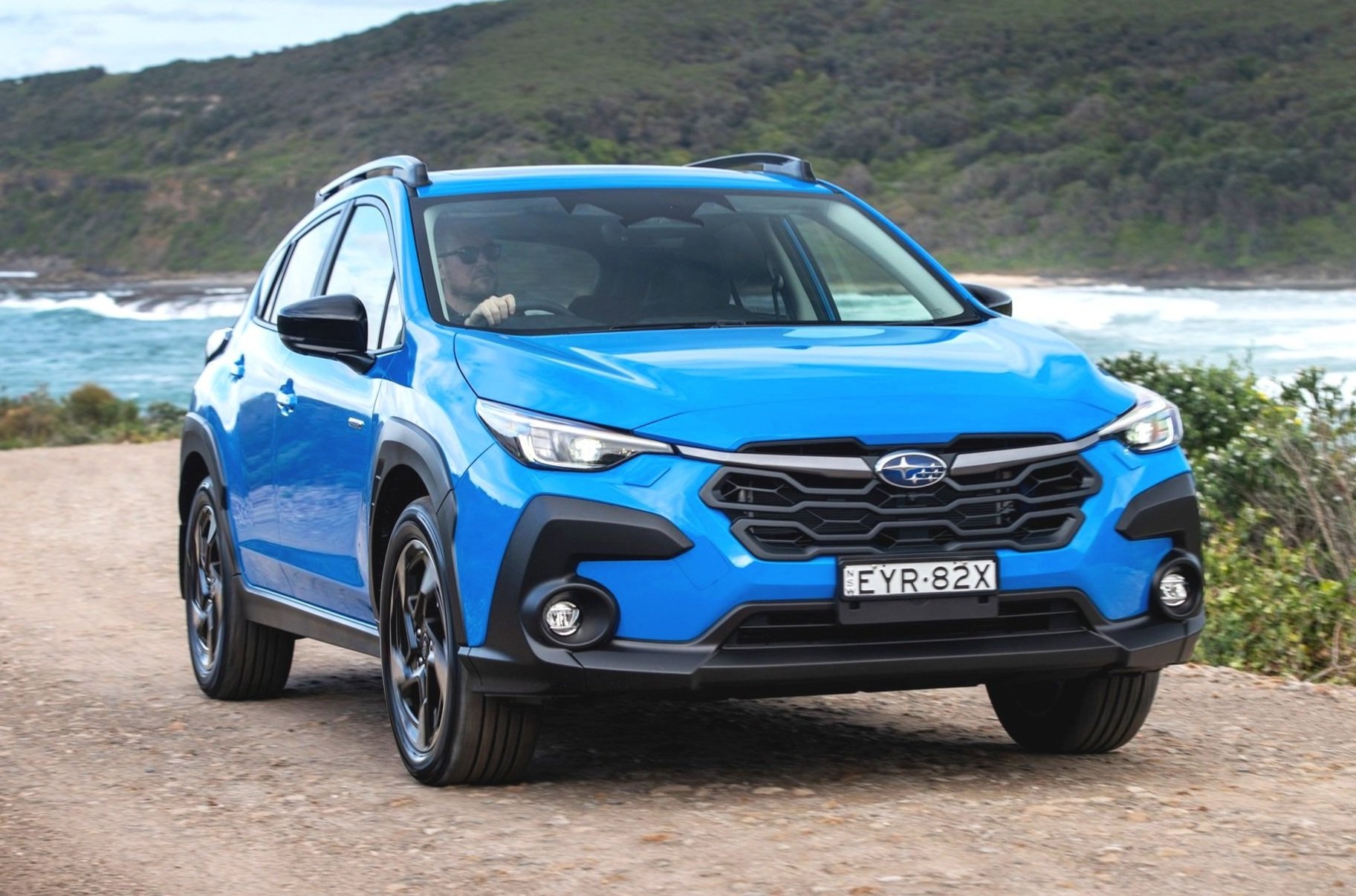
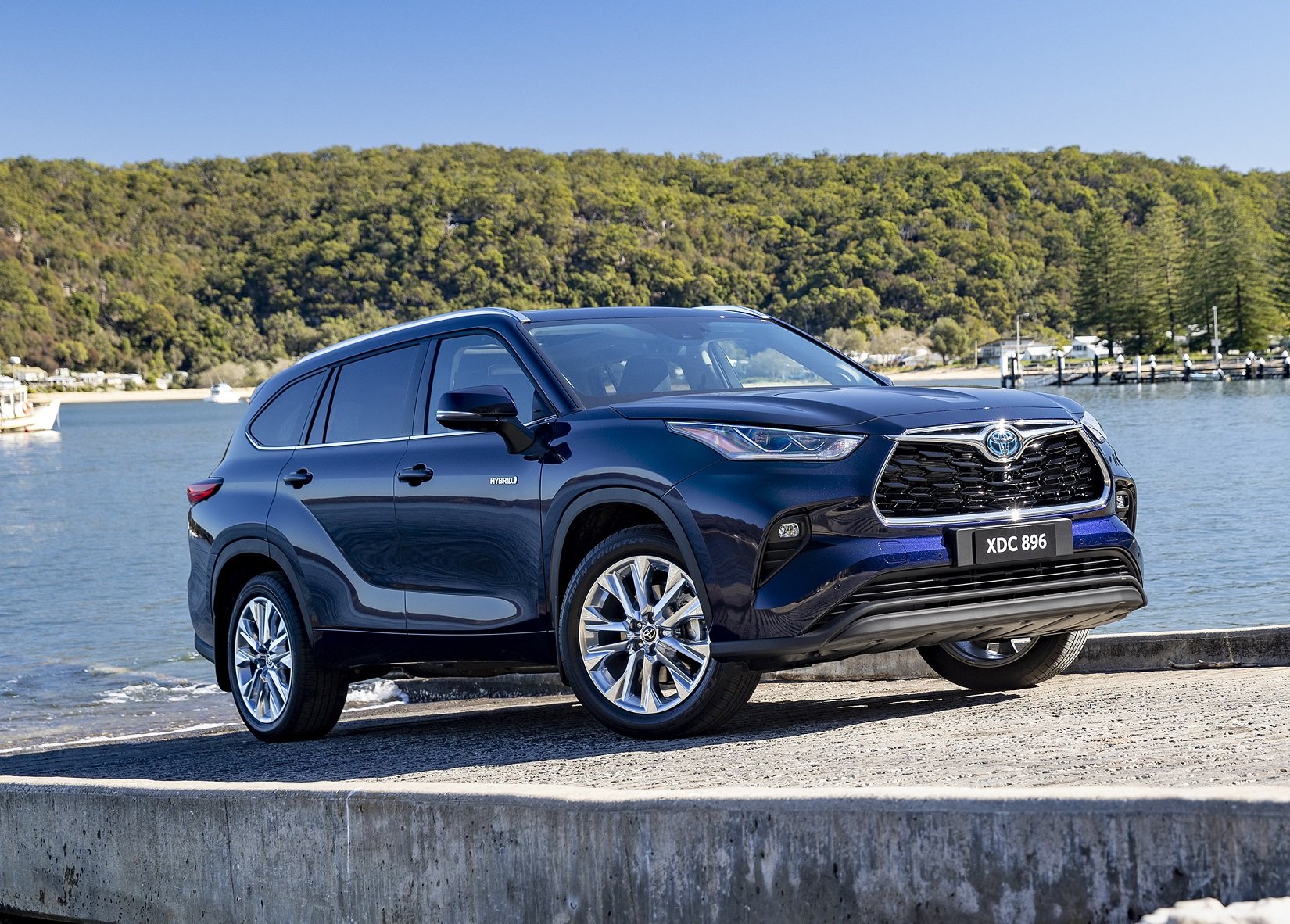
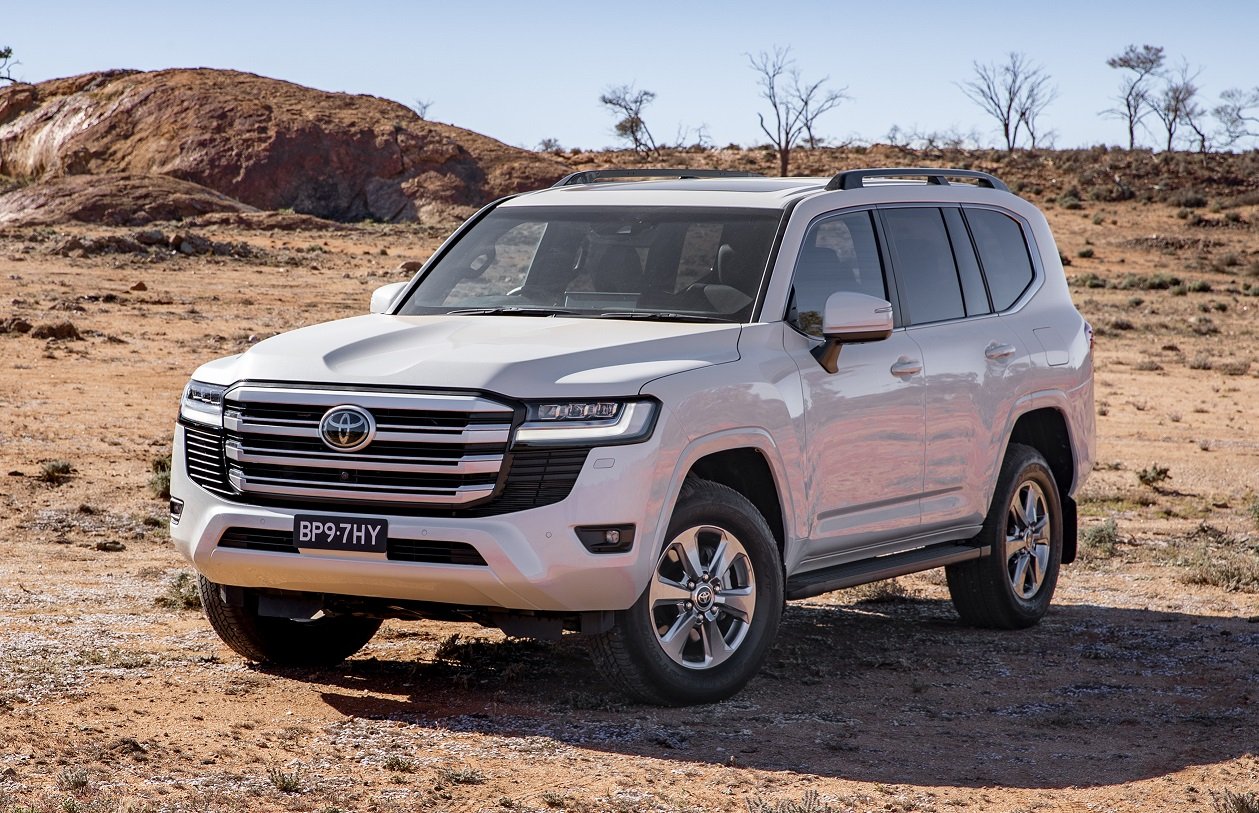


The plug-in hybrid Jaecoo J7 is a promising medium SUV for families in 2025 from a new Chinese brands starting in Australia. Here’s what you need to know about this interesting, high-value midsize upstart.